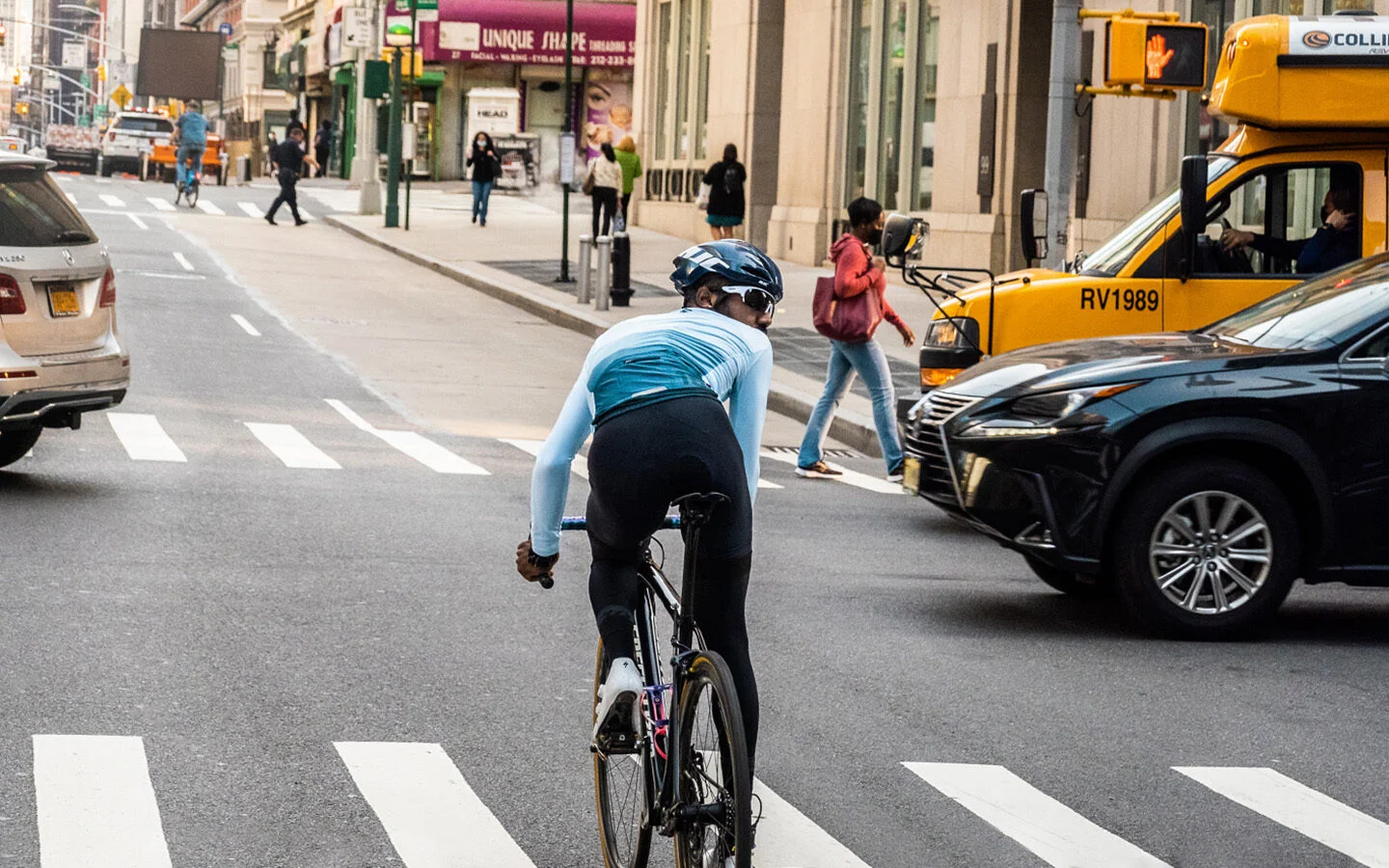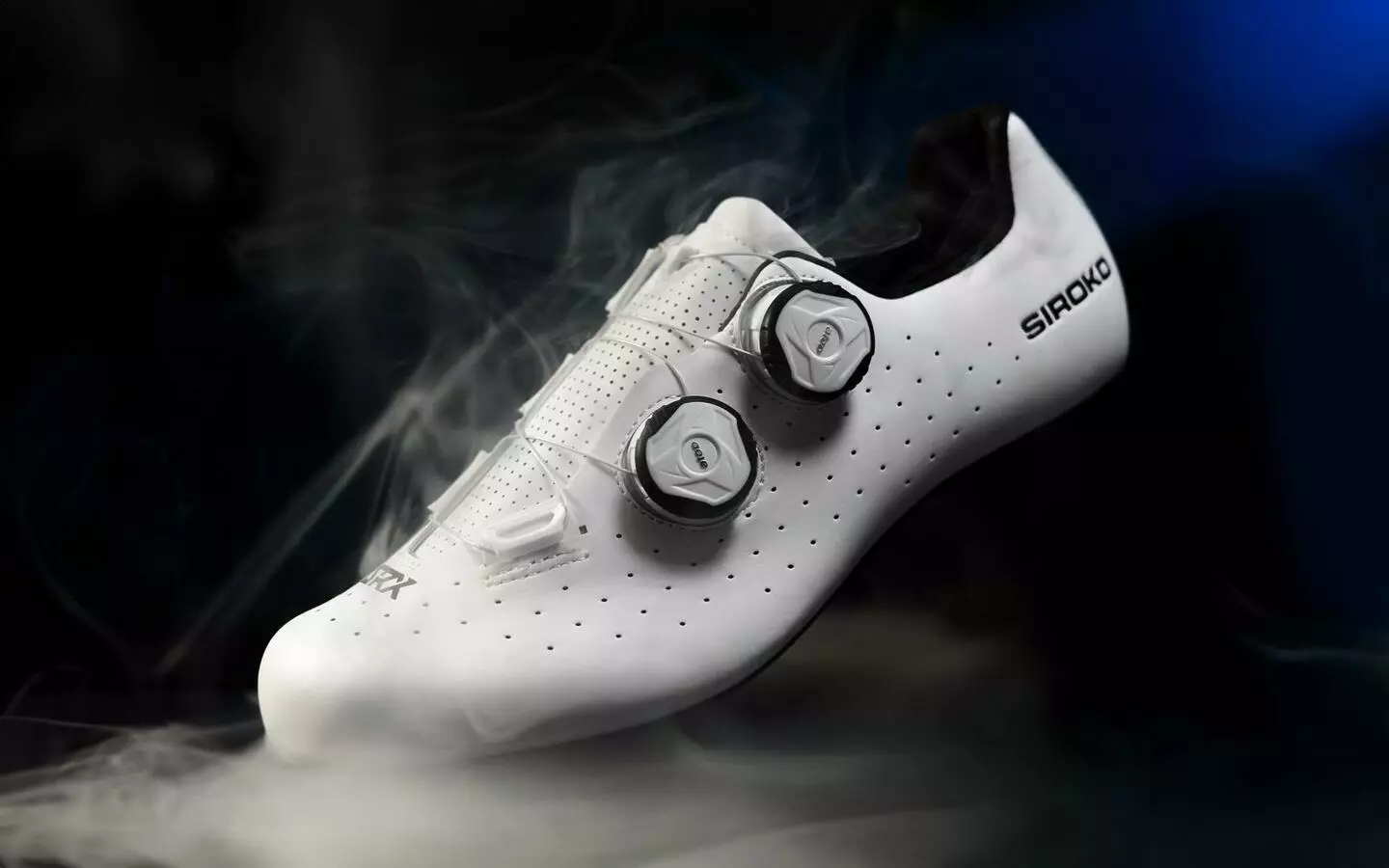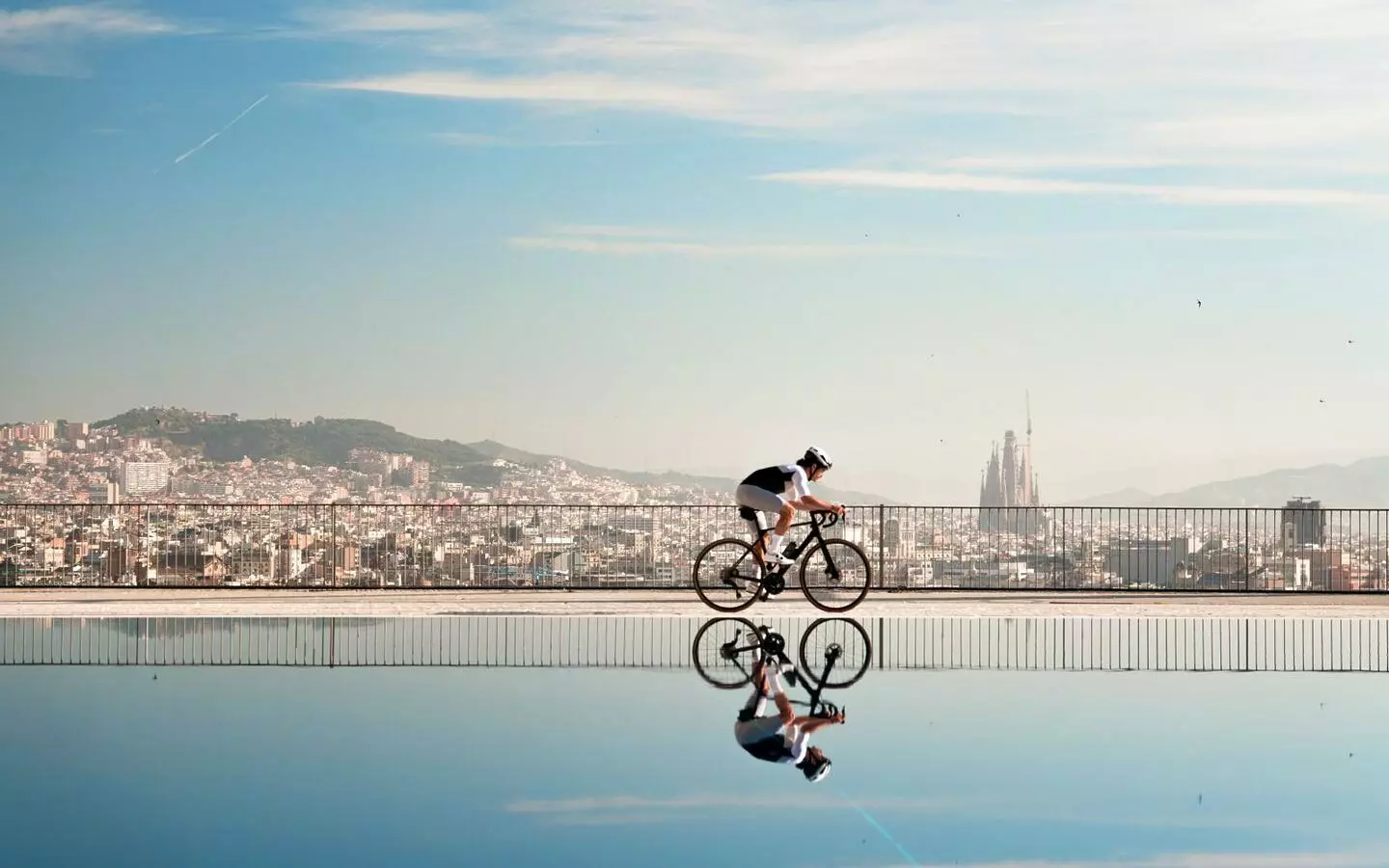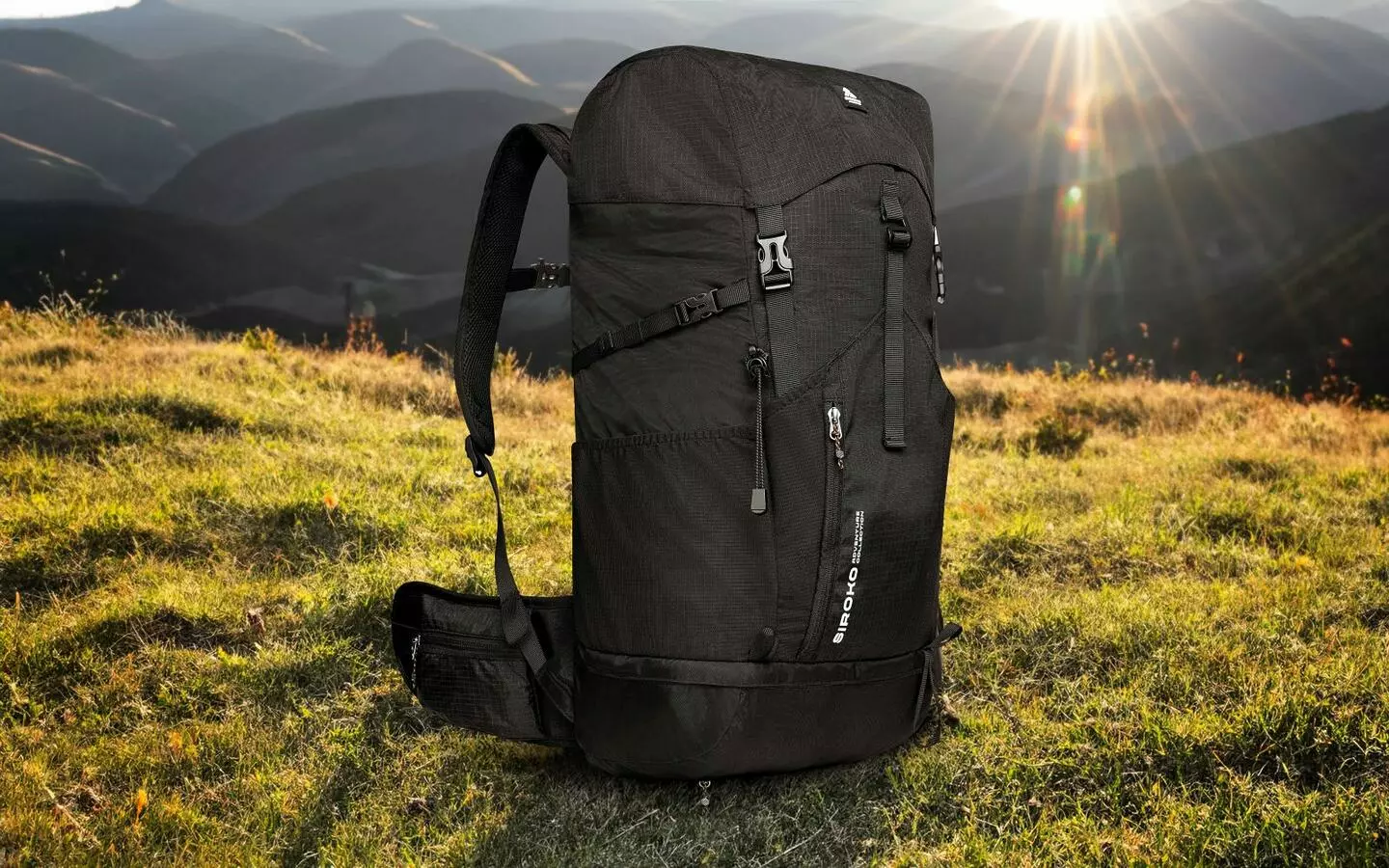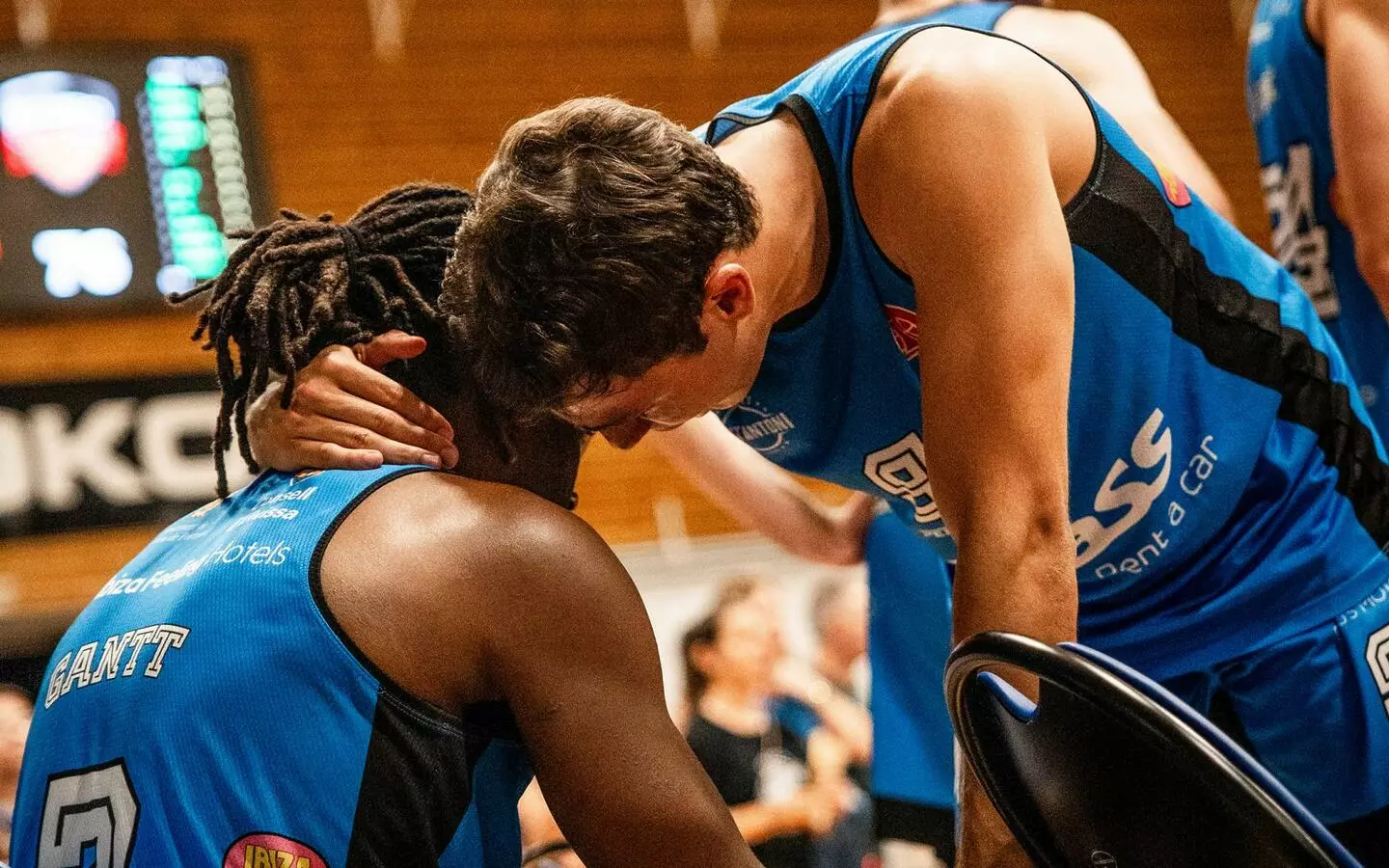Riding a bike is great both for our own health as well as for our planet, but it is not a risk-free activity. Figures don’t lie: Every 13 minutes a cyclist dies in the world. The vast majority of these deaths are caused by accidents with other vehicles. Regardless of the inevitable debate that arises each time there is a fatal accident between a vehicle and a cyclist, the undeniable fact is that the cyclist is always the victim.
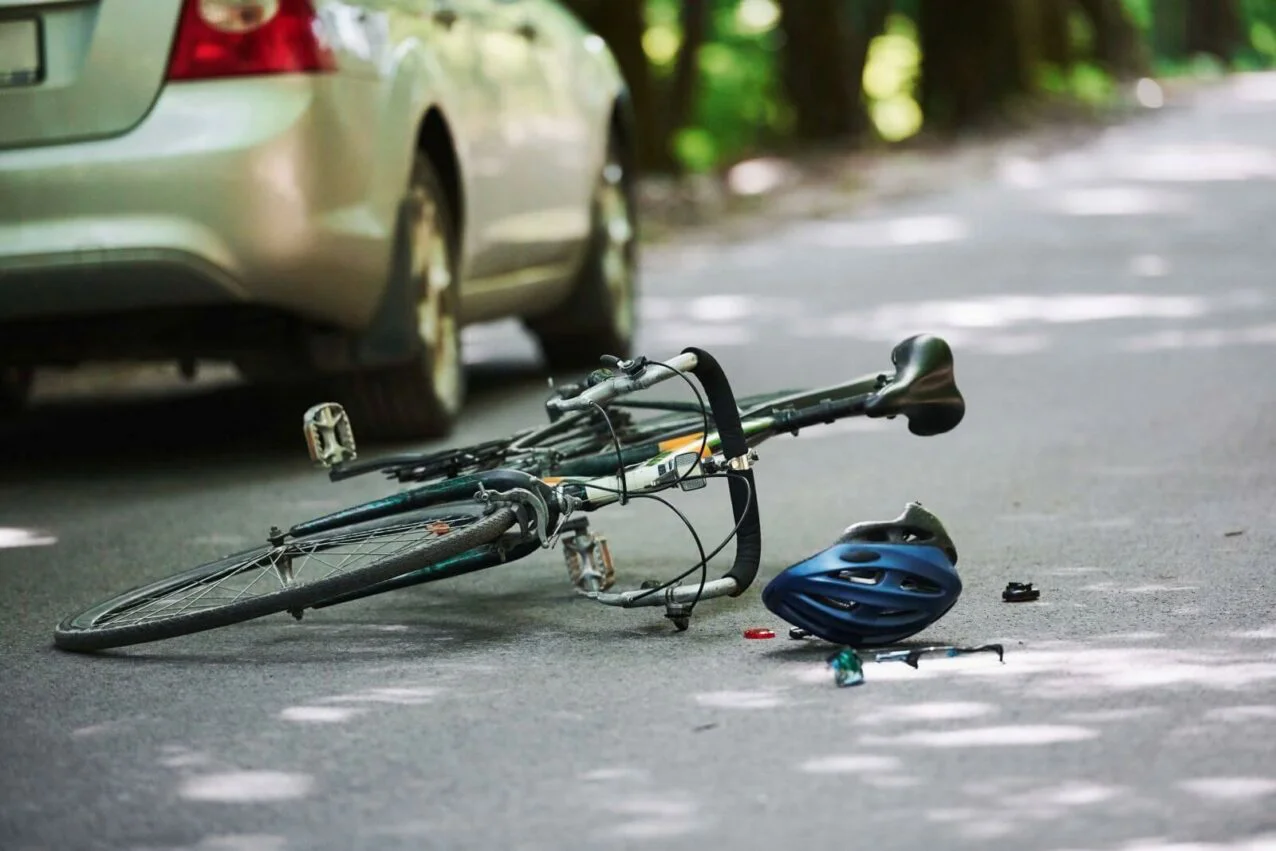
Despite all this data, the global number of cyclists and the popularity of bikes keeps growing, which increases the probability of accidents. We must do everything in our power to avoid them, so here are some tips:
Learn and follow traffic rules
- Always respect traffic lights and road signs.
- Do not ride your bike on crosswalks, you do not have the right of way.
- If there are bike lanes, use them. Sometimes it is mandatory.
- Do not ride on roads such as highways and some freeways, where cycling is not allowed.
- Ride with traffic, not against it.
- Sidewalks are for pedestrians. Use them as little as possible and always at reduced speed. There are several studies (this one and this one) indicating that the risk of an accident is doubled.
- Avoid distractions such as using your cell phone while cycling or wearing headphones that do not allow you to hear the traffic and what is happening around you.
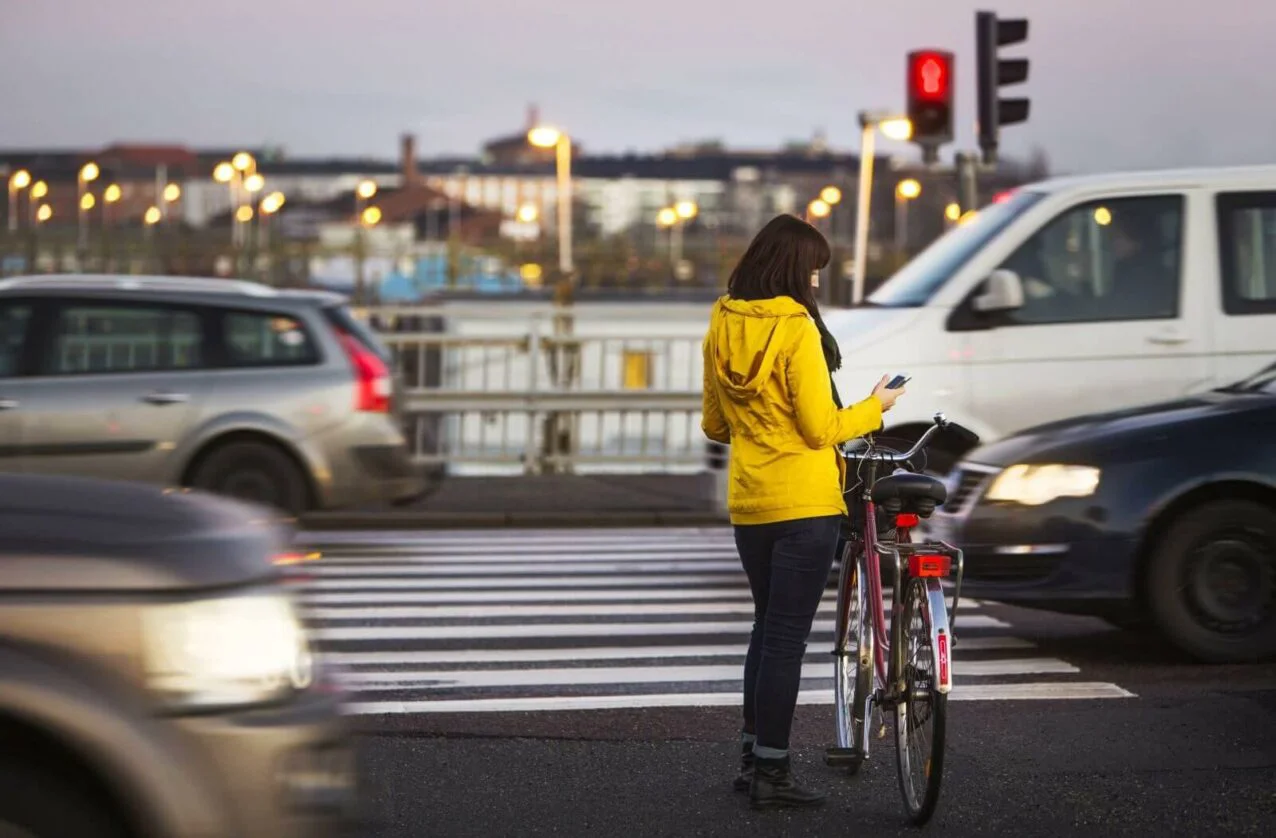
Claim more road space
When cycling in the city, don’t ride too close to the curb. If you can, take up the whole lane.
On the highway, if there is not enough shoulder or it is in bad condition, move away from the edge.
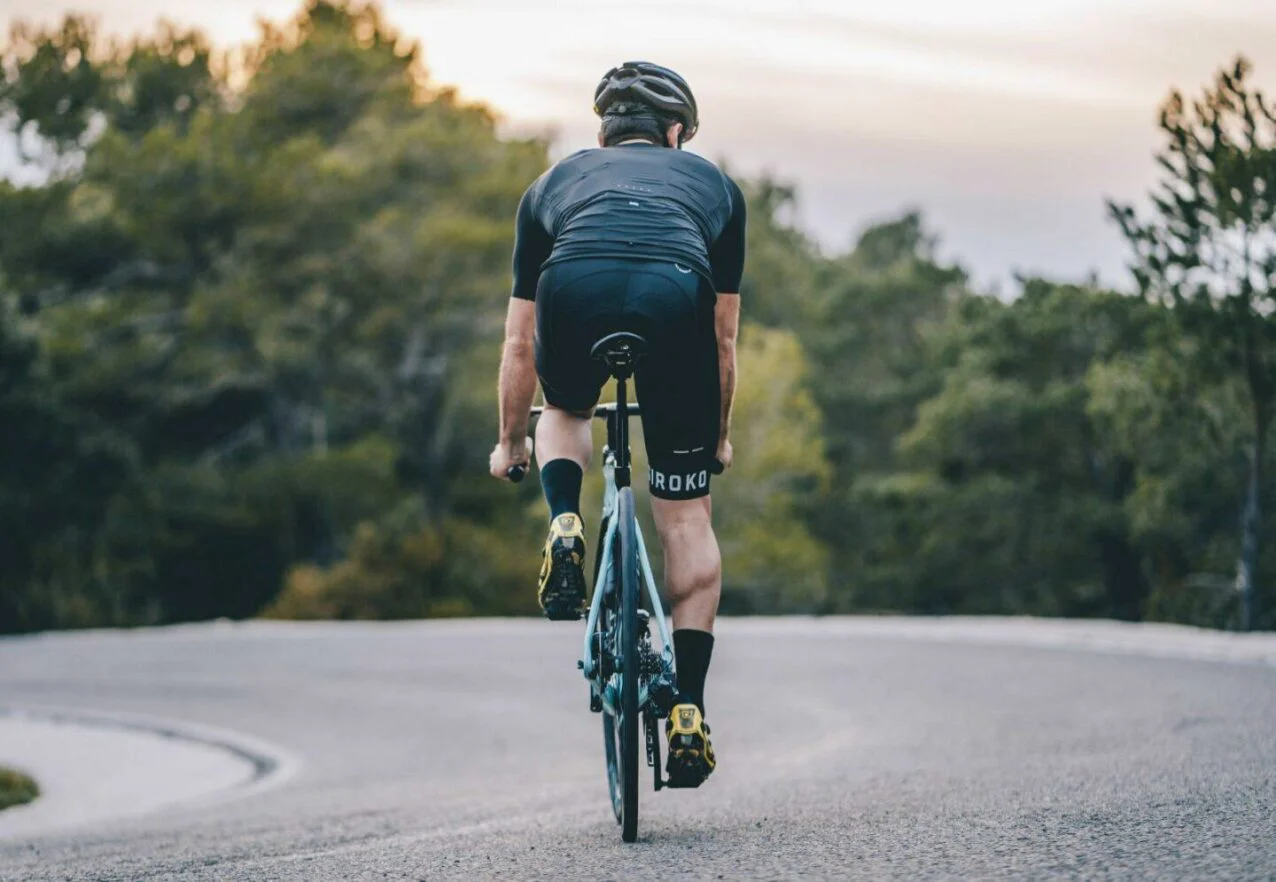
Although many drivers find this attitude annoying and it sometimes leads to heated arguments, as cyclists we must reclaim our space on streets and highways. We aren’t obstacles standing in someone else’s way.
By adopting such a position:
- We gain time and space to maneuver when a car door opens, if a pedestrian or a dog suddenly comes out, etc.
- We prevent vehicles from brushing past us when there is not enough space.
- We teach drivers how to be patient and how to overtake properly.
Bike lights, reflective detailing, bike bell – make sure you’re seen and heard
Never forget about bike lights. They are essential at night, but also during the day. If laws and regulations permit, use them in flashing mode, preferably fast and alternating.
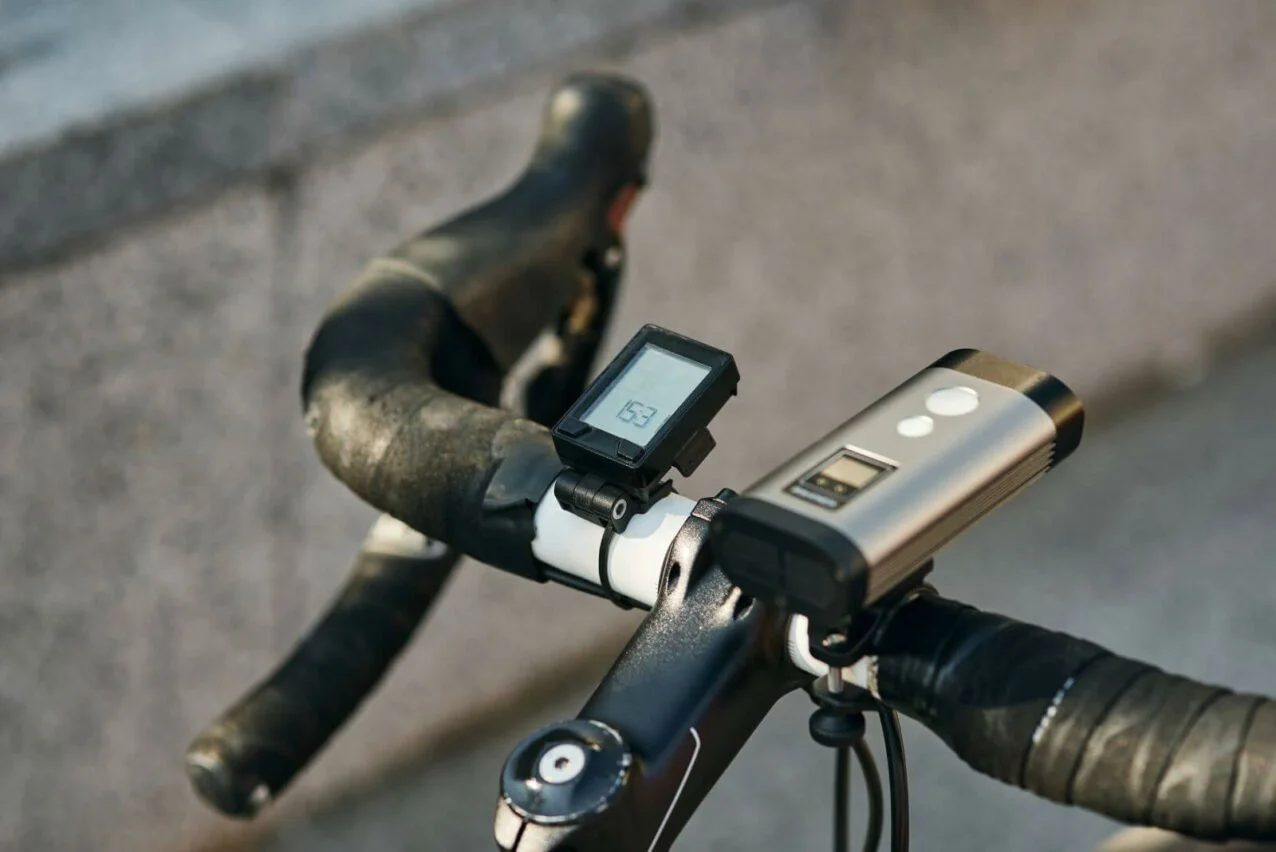
Wear brightly colored clothes with reflective detailing. Based on our own experience, some shades blend in with the surroundings, making the cyclist rather hidden and “camouflaged”, impossible to be seen by drivers.
Indicating turns on a bike is as important as flashing your turn signals. Make sure you move and wave your arms and hands to emphasize your presence and movement, becoming even more visible.
In some parts of the world, a sound component on the bicycle is compulsory. It can be a bell or a horn, however, a shout, a verbal warning indicating your direction to a pedestrian or a whistle can be equally or even more effective than ringing the bell as you can brake and maneuver at the same time.
Get to know your area and ride in a group
This way you’ll find out where the bike lanes are, which roads have wide shoulders and are in good condition, which areas are most dangerous, which streets have a lot of traffic and when the rush hour starts, which roads are in bad condition and which ones to avoid when it rains or when there is frost.
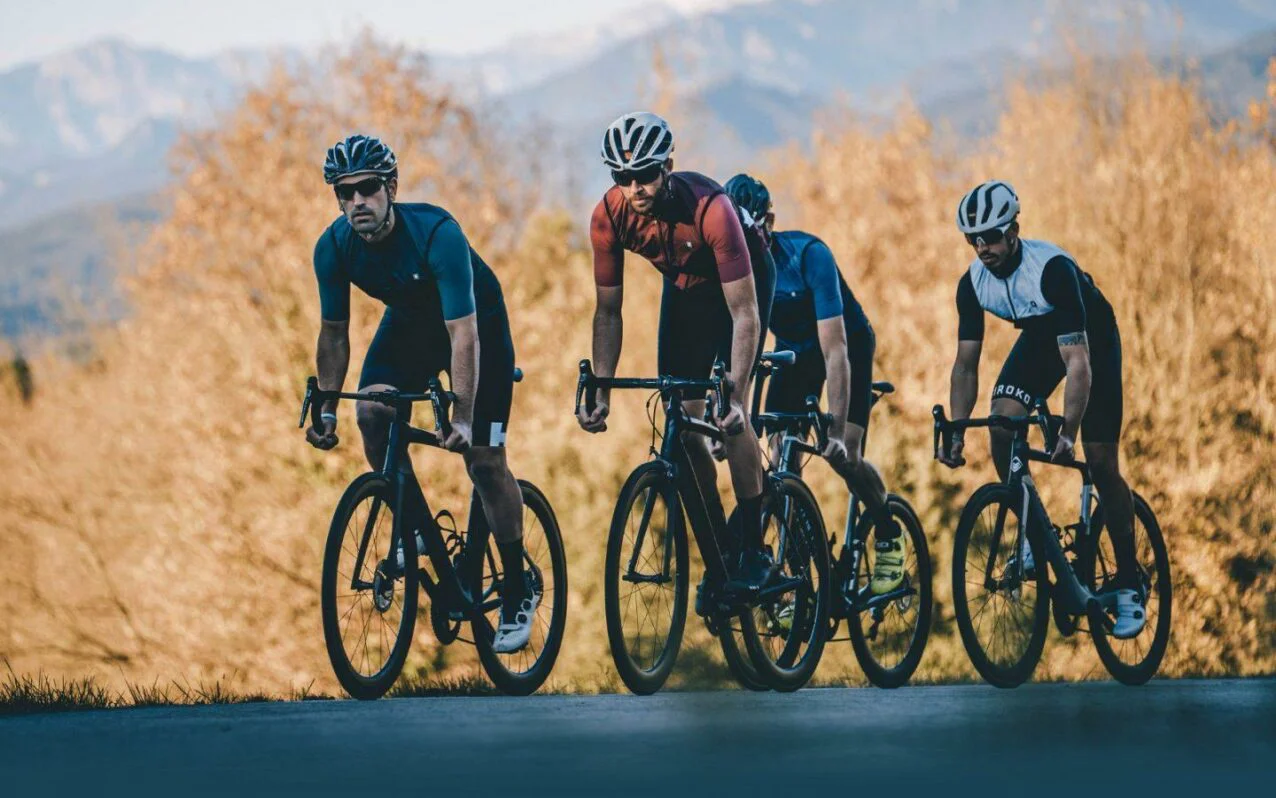
A group of cyclists is more visible than a single cyclist, but it is important to ride according to the rules. On most roads we can ride in pairs while on others it is better to ride in single file. Never ride in a pack occupying the entire lane or obstructing traffic.
Ride as if you were invisible
It is better to act with caution because, even if we are in the right, in an accident we are always the most vulnerable. Pay special attention at road junctions because of unexpected turns made by other vehicles. Keep a safe distance from both moving and parked vehicles so that you have time to react in case a door opens or someone brakes suddenly.
Learn to control your bike and keep it tuned
The more skill you have on your bike, the better and faster you will be able to react and maneuver in the face of danger or an obstacle. Here are three techniques to improve your safety when cycling.
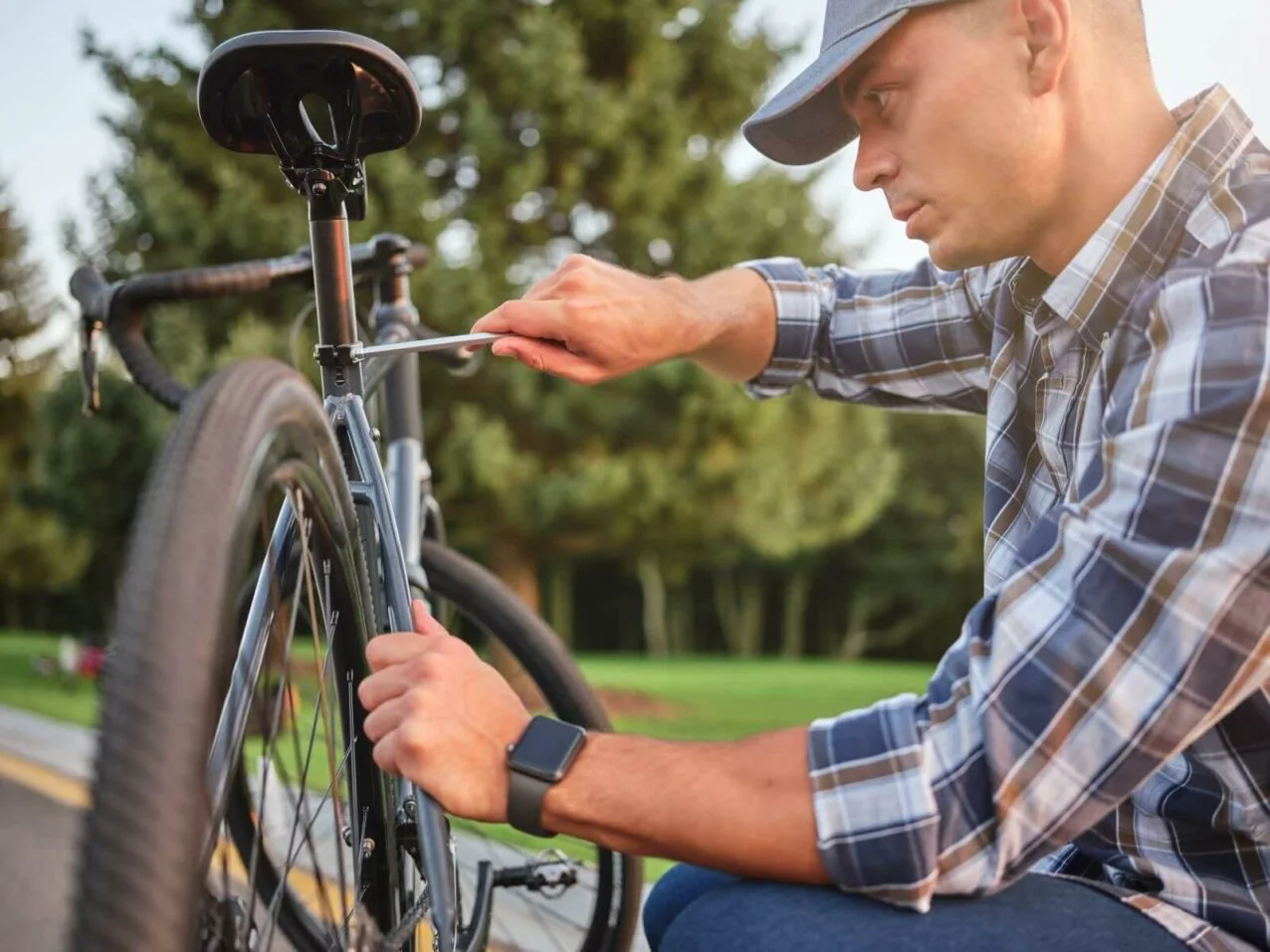
You should also keep your bicycle tuned and in good condition. Lack of proper maintenance plus the wear and tear of components can compromise our safety or even cause an accident. Here is our basic guide on how to clean and service your bike.
Lobbying and educating to improve safety
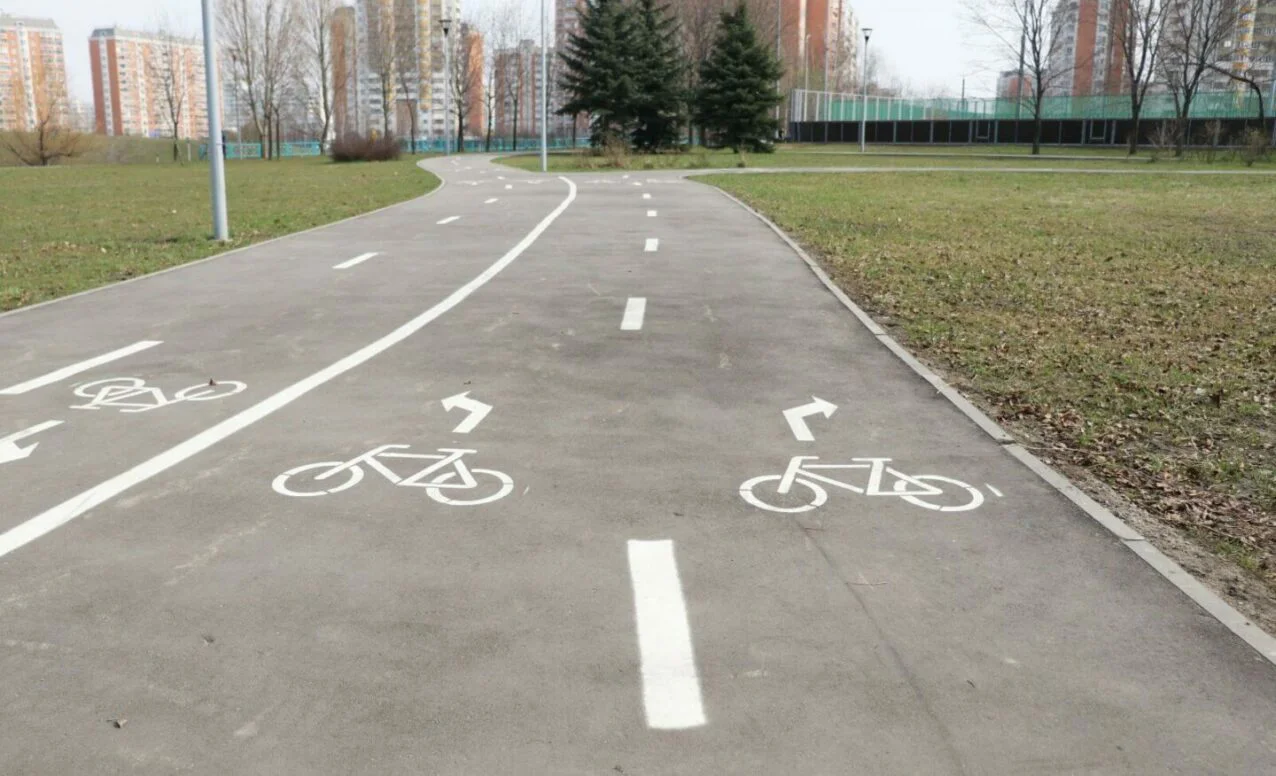
All of the above is of little use when we’re facing lack of education, public awareness or proper infrastructure. Sure, we can all complain, but if we don’t put pressure on the authorities to take action and bring about changes we will keep cycling defenseless and exposed to all kinds of dangers. That’s why it’s important for every cyclist to lobby as best they can: Raising awareness and educating family and friends to use bicycles and also to respect cyclists, using social media to expose problems or joining forces and fight so that other pressure groups do not always get their way.
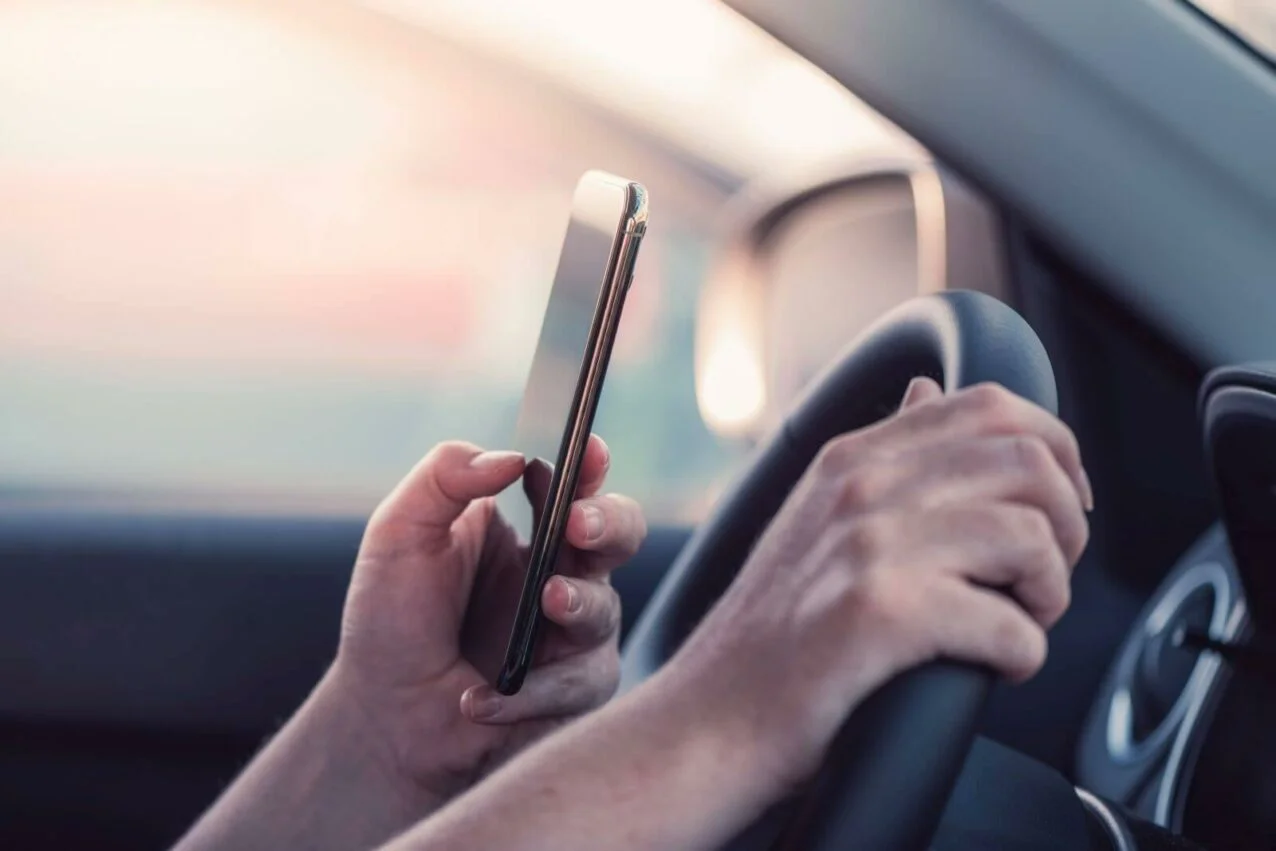
Last but not least, we would like to ask drivers to respect the same rules that they demand from cyclists, have empathy for those who instead of putting the pedal to the metal in their cars, prefer to pedal to commute, and above all: more distance and no rush.
